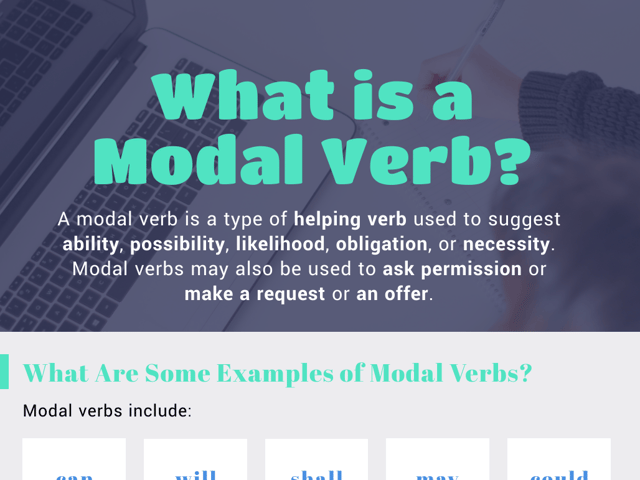
Six Mistakes to Avoid on the TOEFL® Writing Test
The Writing portion of the TOEFL® Is used to measure your ability to clearly communicate your ideas through writing in an academic environment. There are two parts in this section of the test:
- Part 1 asks you to read a passage and listen to a lecture, then answer a question based on what you have read and heard.
- Part 2 requires you to answer a question based on your own knowledge and experience and is not tied to a reading passage or listening portion.
Here are some common mistakes made by students as they prepare for and take the TOEFL® Writing test as well as some advice on how to avoid these pitfalls.
1. I’ve got this.
This tip is actually a two-part piece of advice: (1) Yes, the TOEFL® is an independent exam, but your preparation for the Writing portion of the TOEFL® should not be done in isolation; and (2) who you practice with matters.
You need to review the material and practice for the TOEFL® before you take the exam, but that studying and review should be done with people who have strong English skills, can proofread your work and give you meaningful, useful, and accurate feedback to help you improve your skills. Use online or community resources to get help from teachers, tutors, or other writing “experts.” When you write practice essays, make sure that you are practicing with the accurate types of questions (check online for released writing questions from the actual TOEFL® exam).
2. Write off the top of your head.
The Writing portion is timed, just like the rest of the sections of the test. Although you may be worried about running out of time, it is worth taking a minute or two before you begin writing to draft a quick outline of your main ideas and examples. Brainstorming a quick list of ideas and examples and outlining before you begin to write your response allows you to organize your thoughts and determine which great ideas should go in which order and in which paragraph. Your outline doesn’t have to be detailed—it doesn’t even need to be written using complete sentences—but something to help you plan your attack and organize your ideas will yield a much better response than writing right away.
3. More is better.
In the case of written responses, less can actually be more. What this means is, pay attention to the word count guide provided in the question directions. They will give you a suggested word count, which you should take into consideration when you write. Longer essays do not equate to better scores; in fact, they may lead to lower scores as there is more opportunity for mistakes with longer responses. Plus, part of clear written communication is being able to get your ideas across in a concise manner—writing that goes on and on is often confusing and the point becomes unclear to the reader.
4. It’s a race to beat the clock.
The TOEFL® is a timed test, but there’s no prize for finishing first. Use all of your time. Spend a few minutes at the beginning planning out what you will write in a brief outline and, when you finish writing, use the time that remains to proofread your response. Use all the time you have to carefully review your writing and make improvements where you can.
Although testing fatigue may be setting in by the time you get to the Writing portion (which is the last section), it’s important to stay focused and finish strong!
5. Fancy words will impress the readers.
Many people make the mistake of thinking that using fancy words or big vocabulary makes them sound smart. They only make you sound smart if you know what they mean and when it’s appropriate to use them. Fancy words actually do not make a great essay response. You need to get your idea across clearly. This means you should stick with vocabulary that you understand and are comfortable using, not try to stick in fancy words that may be misused or not quite fit the context of your writing. Don’t be repetitive, but don’t try too hard to sound “smart.”
6. I should share my opinion with my reader every chance I get.
Actually, no. The integrated Writing portion of the test (Part 1) really assesses your ability to report on the information you hear or read about objectively and without including your own opinion. In this portion of the test, you will be asked to summarize the points you hear discussed in a lecture and explain how those points connect to the topic you read about. The test graders will be checking the quality and clarity of your writing and how well you reference what you heard and read. Your opinion on those points doesn’t matter one bit and should not be included if you want to score well. Just keep it a factual explanation of what you heard and what you read and how they connect. You need to show that you can be objective in your writing and not rely on your opinion to have something to say.
Part 2 of the Writing portion of the TOEFL® does allow you the opportunity to share your opinion. In this response, you are asked to state, explain, and support your opinion on a given issue. The trick with this response is to make sure that you stay on-topic and don’t drift off to a different issue. You also want to make sure to include support for your reasoning and explain how you have formed this opinion. What personal experiences have you had that lead you to this particular conclusion? Why do you agree or disagree with the statement about a particular topic? Provide specifics that are relevant to the topic and help the reader understand why you have this opinion on the topic.
Finally, read the directions and the information in the Writing section carefully. It will guide you in terms of the number of words your response should be and approximately how long it should take you to respond. With some practice ahead of time, including asking for feedback from strong English writers, you will be ready to write clear, concise, meaningful responses to whatever topics the test may throw your way.
Keep Reading

TOEFL Test Blog
Is the TOEFL Test Hard?
The TOEFL test, or Test of English as a Foreign Language, is one of the…

TOEFL Test Blog
What’s New for the TOEFL® Test?
The TOEFL® test is designed to measure English proficiency in speaking,…

TOEFL Test Blog
What Is a Modal Verb?
Modal verbs. What on earth is a modal verb?! A “model” verb would be a …